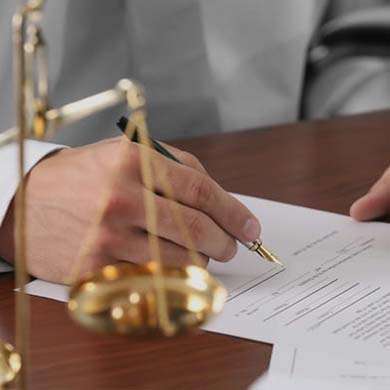File Small Claims Court in Arizona
In the Small Claims Court of Arizona, any individual, partnership, association or corporation can use small claims court to recover damages of $3,500 or less. In Arizona, Small Claims cases are simplified, lawyers are generally not necessary; however, they are allowed to participate if all parties agree.

Arizona Small Claim Filing
Why do you waste your time energy after a small claim? We are here to take pain for you. We are literate enough about the Small Claims Court System. We will get your claim filed and make you free from worries. We file Arizona Small Claim in the relevant court. We provide proof after the task is completed. Our policy provides individuals and companies peace of mind.
Suing Someone in Arizona Court Or Being Sued?
- Serving Your Small Claims Papers Before The Deadline.
- Serve Your Claim In Proper Legal Way for Arizona Court.
- Fill Your Proof With The Phoenix Court.


E-Filing Services in Arizona
Recent Cases Filed in Arizona Small Claims Court
Small Claims For Bad Cheque Or Payment in Arizona
File Small Claims in Phoenix For Security Deposit
Arizona Small Claims Filing if Refusing To Pay After A Car Accident
Direct Legal Small Claim Service in Arizona
Court Filling Small Claim Arizona Services
Throughout Arizona in the small claims, we offer services to accommodate on the same day, next day or routine service.
Who Can Sue Small Claim In Court Arizona?
Those who can claim for Small Claim Arizona are listed below:
- Married Couples can file small claims in Phoenix court.
- Business Partnerships can also file small claims
- Corporations can file small claims
- Government Agencies can file small claims
- Motor Vehicle Claims can be handled
- Minors can also file small claims in the court of Arizona
- Prisoners can file small claims
- Bill Collectors can also file small claims in Arizona
How Much Does It Cost To File A Small Claim Court, Arizona?
There is a $30 filing fee for a case asking for up to $1500. To claim over $1500, and up to $5,000, there is a filing fee of $50. If your claim is above $5,000, the filing fee is $75. If you file more than 12 cases in a year, subsequent cases will cost $100.




